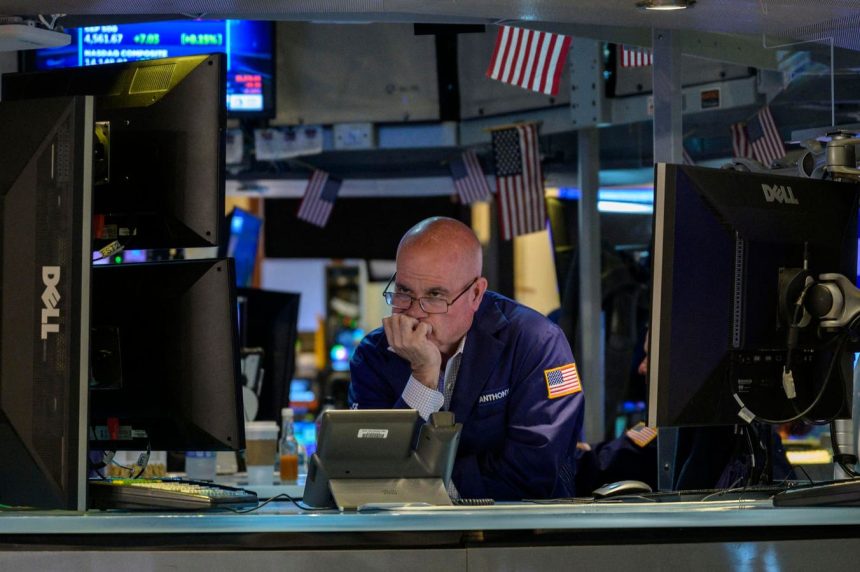One of the best near-term recession indicators is the job market. The release of October’s jobs report showed unemployment rose to 3.9%. Small increases in the unemployment rate have historically been sufficient to trigger a recession. This is called the Sahm Rule. Now, it’s not calling for a recession yet, but it may be getting close if the unemployment rate does not improve from here.
Why The Sahm Rule Has Worked Historically
The Sahm Rule is designed to rapidly determine if the U.S. economy is in recession in part, so that policymakers can respond. It’s designed by economist Claudia Sahm. Her intent was to enable policymakers to quickly know when an economy was in recession, so that economic support could be provided. With official methods of defining recessions, a recession would only be declared months after it started. That delay, though important for historic accuracy on recession timings, potentially hinders an effective response.
Using jobs data is helpful because it’s released weeks ahead of most other economic metrics. Sahm’s approach has merit because unemployment has a big impact on economic growth. Two-thirds of the broader economy is consumer spending. So, when jobs are cut, it’s a fair bet that consumer spending falls, and hence economic activity typically weakens, too, because consumer spending is its largest component.
Constructing The Sahm Rule Metric
The metric examines the current 3-month average of the unemployment rate compared to the low unemployment rate of the previous 12 months. The 12-month low of unemployment is currently 3.4% as occurred twice in January and April of 2023. Then the recent readings of unemployment for the past 3 months (August, September and October) are 3.8%, 3.8% and 3.9%, respectively. Therefore should unemployment remains at or above the current 3.9% level for November’s and December’s jobs report or simply spike materially higher in November, then the indicator will call a recession. A recession could be called by this indicator with the next jobs report on December 8.
The Sahm Rule’s Track Record
The Sahm Rule has consistently called recessions since the 1960s, but has also seen a few false positives. The indicator always calls a recession, but, in less likely scenarios, the warning is triggered without a subsequent recession.
It’s important to remember the current level is just below the recession threshold. We’ve seen a similar level to where we are currently four times since the 1960s without a following recession. Still even on current data, a 2024 recession might be argued to be more likely than not. The main concern is that as a recently developed indicator, it is necessarily fitted to historical data. As such, how it continues to hold up for an extended period “out of sample” remains to be seen.
Still, the logic behind the Sahm Rule is sound. It’s important to note the metric does typically need to hit the 0.5% level. It’s reached slightly lower levels of around 0.4% several times without triggering a recession. Once the 0.5% level is hit, unemployment does tend to climb during the duration of any recession.
Other Recession Indicators
Other metrics suggest a recession may be coming. The yield curve is a relatively trusted recession predictor on a medium-term view and has been signaling a recession for many months. The markets, as measured by the S&P 500 index, have also generally declined since July, suggesting some economic weakness could be coming.
Also, the Conference Board’s Leading Economic Indicators have been declining since April 2022, though those indicators do incorporate variations of the metrics already discussed. So, this isn’t an entirely unique indicator compared to others such as the stock market and yield curve. Event forecasting site Kalshi currently weighs the chance of a 2024 recession at approximately 50%. If we do see a 2024 recession, it would not be a big surprise.
What’s Next?
The yield curve has been calling for a U.S. recession for some time. If the Sahm indicator joins in forecasting a recession, the odds of one in 2024 will increase on most estimates. Events such as a possible government shutdown could raise the odds of a U.S. recession further. However, it’s important to note that the Sahm indicator is not calling a recession just yet. Upcoming jobs reports will be key.
Read the full article here


